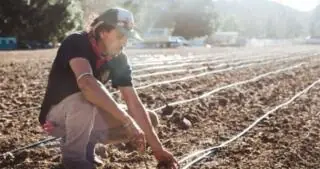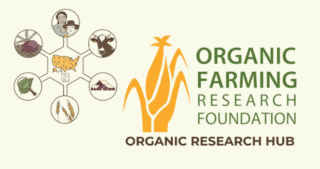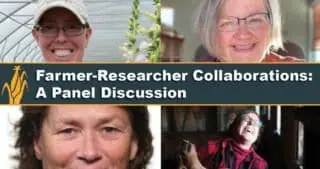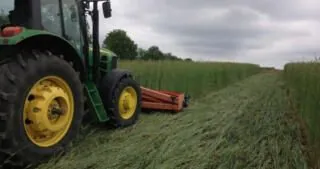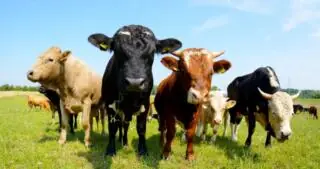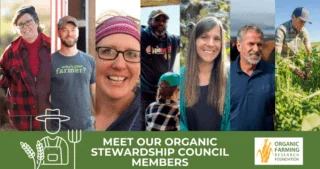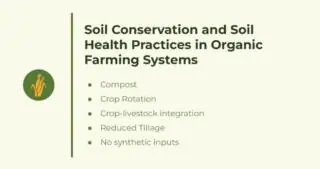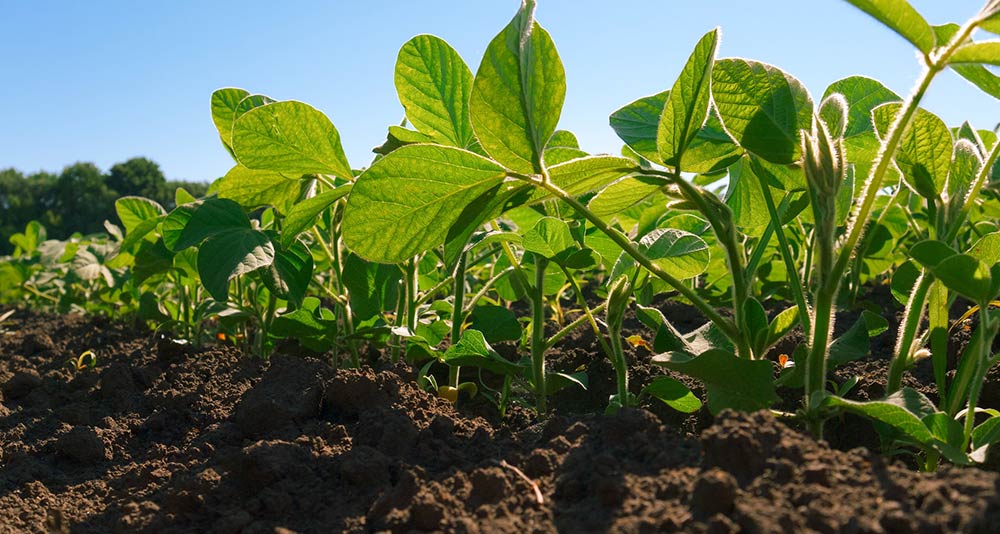Real Talk on EQIP: One Organic Farm’s Journey Through Federal Funding
(Versión en español a continuación) Three Feathers Farm is a small, BIPOC-led organic farm located on four-and-a-half acres in Morgan Hill, California, a mere twenty minutes south of San Jose. Their story offers a transparent look at what it’s really like to work with NRCS: the benefits, the obstacles, and the lessons they’ve learned.
Fetterman and Schiff Reintroduce the Organic Science and Research Investment (OSRI) Act
Senators Fetterman and Schiff have reintroduced the Organic Science and Research Investment (OSRI) Act to strengthen U.S. organic farming. Backed by OFRF and over 80 organizations, the bill would invest in the research and tools farmers need to meet growing demand and build resilience.
OFRF Launches Organic Research Hub to Support Farmers Nationwide
OFRF launches a one-of-a-kind platform offering curated, science-based organic farming tools and resources to help farmers find trusted, practical solutions to on-farm challenges.
Lessons from OFRF’s Farmer-Researcher Collaboration Panel
This recap provides insights from organic farmers and researchers with decades of experience collaborating for on-farm research. Part of OFRF's Seeds of Success Networking Sessions, this virtual event highlights several strategies for building trust between farmers and researchers and provides examples of what works well and what to avoid.
What’s Happening with Organic Farming Research in Pennsylvania
Originally published in Pennsylvania Certified Organic's "Organic Matters" publication, this article summarizes the state of organics in one of the highest-ranking states for certified production. Read highlights from organic research projects in Pennsylvania and learn how continued federal funding for organic research is essential for the industries in Pennsylvania and across the country.
How the Growth of Organic Farming and Indigenous Food Sovereignty Support Each Other
Explore the deep connection between Indigenous cultures and land stewardship, and how the Indigenous food sovereignty movement seeks to reclaim traditional ecological knowledge, promote sustainable agriculture, and challenge industrial food systems.
Action Alert! Tell Congress: Don’t Fail Our Farmers
The USDA funding freeze is leaving farmers in limbo. Learn how you can take action right now to help protect farmers from the damaging effects of the federal funding freeze and government layoffs.
OFRF Introduces Members of New Organic Stewardship Council
OFRF is proud to introduce the seven inaugural members of the Organic Stewardship Council, a new advisory group that ensures farmers remain at the heart of our research, education, and advocacy efforts. Meet the passionate leaders in food and agriculture who will help guide our organization.
The Consequences of Mass Firings Across the USDA
A massive wave of federal firings has terminated employment for critical agricultural departments. Learn more about the dire impacts of these cuts, the short and long term consequences on agronomic and economic research, why it matters, and how you can take action at this critical time.
OFRF kicks off NRCS webinar series with a deep dive into Technical Note 12
Learn about the Organic Farming Research Foundation's webinars with the USDA NRCS on Technical Note 12. These sessions provide valuable insights into organic farming practices, covering topics like soil health, pest management, and conservation techniques to help NRCS staff support organic and transitioning farmers across the U.S.



